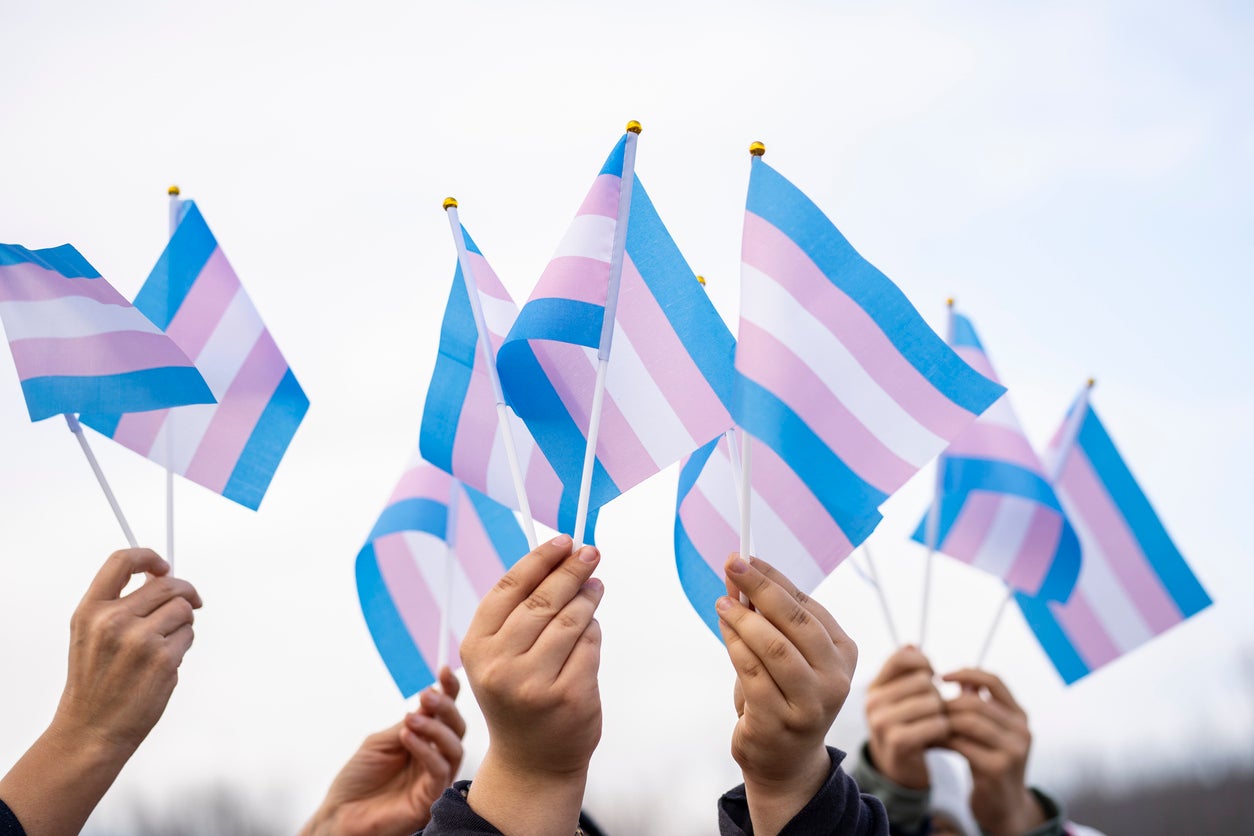Your support helps us to tell the story
From reproductive rights to climate change to Big Tech, The Independent is on the ground when the story is developing. Whether it's investigating the financials of Elon Musk's pro-Trump PAC or producing our latest documentary, 'The A Word', which shines a light on the American women fighting for reproductive rights, we know how important it is to parse out the facts from the messaging.
At such a critical moment in US history, we need reporters on the ground. Your donation allows us to keep sending journalists to speak to both sides of the story.
The Independent is trusted by Americans across the entire political spectrum. And unlike many other quality news outlets, we choose not to lock Americans out of our reporting and analysis with paywalls. We believe quality journalism should be available to everyone, paid for by those who can afford it.
Your support makes all the difference.It is the first known ruling of its kind since the country’s top court struck down a surgery requirement for such record changes.
The Okayama Family Court’s Tsuyama Branch said Tacaquito Usui, 50, could get the gender listed for him in his family registry updated to male.
Usui original application for the revision was rejected five years ago.
“It’s like I’m standing at the start line of my new life,” he said during a televised news conference after Wednesday’s ruling came out. “I’m so excited.”
Japan’s Supreme Court ruled in October that a provision of a 20-year-old law that made the removal of reproductive organs a precondition for the legal recognition of gender changes was unconstitutional.
The ruling, however, only applied to the sterilization provision and did not address the constitutionality of requiring other procedures.
The Okayama court found that the hormone therapy Usui received made him eligible for gender affirmation. Usui welcomed the recognition, saying he thinks the law in Japan might be evolving faster than the public awareness.
Many LGBTQ+ people in Japan still hide their sexual orientations and gender identities due to fear of discrimination at work and schools. The country remains the only Group of Seven member that does not allow same-sex marriages.
Activists have pressed for greater rights and protections. But change has come slowly in a country of conformity with a conservative government that sticks to traditional paternalistic values and is reluctant to accept gender, sexual and family diversity.
The law that the Supreme Court addressed in its ruling took effect in 2004. It stated that individuals who wanted to register a gender change needed to have reproductive organs, including testes or ovaries, removed. They also were required to have a body that “appears to have parts that resemble the genital organs” of their expressed gender.
More than 10,000 Japanese have since had their genders officially changed, according to court documents from another court case.
A court in central Japan noted in last year’s case that sterilization surgery was not required in most of the approximately 50 European and central Asian countries that have laws that allow gender changes on official documents.

Join our commenting forum
Join thought-provoking conversations, follow other Independent readers and see their replies
Comments